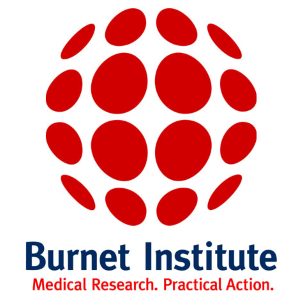
Without an increase in people testing and being treated, Australia will not meet its hepatitis C elimination targets.
The current model of hepatitis C care requires people to attend multiple visits to health services, resulting in a substantial drop-off between each visit. Studies have suggested that rapid point-of-care (POC) hepatitis C tests reduce barriers to diagnosis and consequently improve the hepatitis C care cascade.
However, few studies on POC testing to date report on linkage to care, and none have shown their utility in enhancing the coverage of treatment and rates of hepatitis C cure.
Simplifying hepatitis C testing pathways may lead to earlier complete diagnosis, and for those infected, treatment. Further, for the population most impacted by HCV, people who inject drugs (PWID), deploying rapid POC testing and immediate treatment at the same visit could dramatically improve engagement in care and increase the number of people cured.
The QuickStart Study will explore the impact of using rapid POC hepatitis C (antibody and RNA) tests and a same-day test and treat model on treatment initiation and cure. The study is a cluster cross-over randomised controlled trial set in primary care settings.
We currently have sites in Melbourne, Geelong, Ballarat, Western Australia, Northern Territory and South Australia.
We’re looking for sites to join the study
We want primary health care clinics, NSPs, and ACCHOs who have a GP or nurse practitioner who regularly prescribes HCV treatment to join the study. Services need to have a high HCV patient caseload to be eligible.
To express your interest in taking part, please email caitlin.douglass@burnet.edu.au or call (03) 8506 2411.
To find out more, visit the Burnett Institute website.
Disclaimer: This article was provided by Burnett Institute. While every effort has been made to ensure the information is accurate, North Western Melbourne Primary Health Network does not warrant or represent the accuracy, currency and completeness of any information or material included within.




